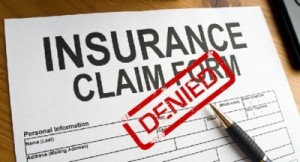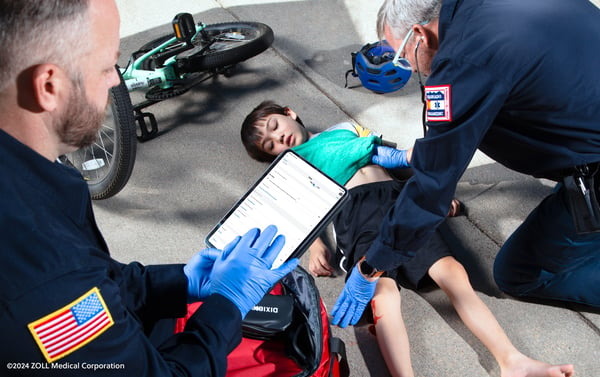Chart Smarter: Why One EMS Agency Ditched Paper for Mobile Tech
Managing EMS Claims Denials
I talk often about the changes of 2014 and the likelihood for higher claims denials

I talk often about the changes of 2014 and the likelihood for higher claims denials. Today we discuss tracking and avoiding denials. Now, let’s see what you can fix. If the denial reason by payer is tracked, providers will be able to determine if they have an intake, documentation or billing problem. The last option is a payer problem which we will visit below.
Eligibility Denials
Eligibility denials primarily result from one of two problems. The billing department needs to pre-verify insurance prior to submitting the claim. Do this for air and ground transports whether emergency or non-emergency. For non-emergency transports, call intake personnel can be tasked to determine that you are the correct company to transport the patient based on your contractual relationships. As we go into 2014 where patients will change insurers and more people will be covered by Medicaid, it will be important that providers and billing companies pay close attention to their rate of eligibility denials. Prompt corrective action will protect cash flow during the period of transition.
Non-Covered Services Denial
Non-covered services denial is an indication that the patient did not have coverage for routine transportation. Again, this is a problem best addressed prior to transport through the use of good call intake screening and verification. If an emergency is denied as non-covered, there is likely a problem with the payer’s approach.
Incorrect or Missing Information Denials
Incorrect or missing information denials could be an indication that the billing department is not checking work prior to submitting claims. Yes, we all make mistakes; an incorrect date of birth or member number may be entered. However, a high rate of denials in this area may mean there is a problem in billing. Is there enough staff to handle the volume of claims? Is everyone pulling their weight or does someone need additional training or support?
Medical Necessity Denials
Medical necessity denials may be a documentation issue or a billing problem. Perform a review of trip reports to learn if field providers are documenting the reason why the patient needed transport so that billing personnel can prepare the claim with as many specifics as possible. Field providers may need additional training, particularly as we move further into 2012 and more clinical information will be needed in their documentation. If patient care reports are in-depth, check the billing process. Do all billers understand the level of service and how to properly code a claim? Do an internal audit of the billing process or seek outside assistance.
Duplicate Claims Denials
Duplicate claims denials can result when the billing department tries to resubmit rather than resolve issues. Learn what the usual time frame is for payers to have received a claim and entered it into their system. Check the payer’s electronic system to ascertain if the claim was received. Resubmit only after verifying that a claim was not received.
Is the Payer at Fault?
Don’t let payers off the hook If your house is in order and you still experience a high rate of certain types of denial, the payer may be at fault. Appeal, appeal, appeal! If the payer does not respond in accordance with federal or state regulation, seek legal help or file a complaint with your state insurance commission or with CMS.
Related Posts
The End of Delayed Documentation
4 Must-have Data Points for Dispatch-Billing Alignment and Maximum Reimbursement
ZOLL Pulse Blog
Subscribe to our blog and receive quality content that makes your job as an EMS & fire, hospital, or AR professional easier.
ZOLL Pulse Blog
Subscribe to our blog and receive quality content that makes your job as an EMS, fire, hospital, or AR professional easier.




